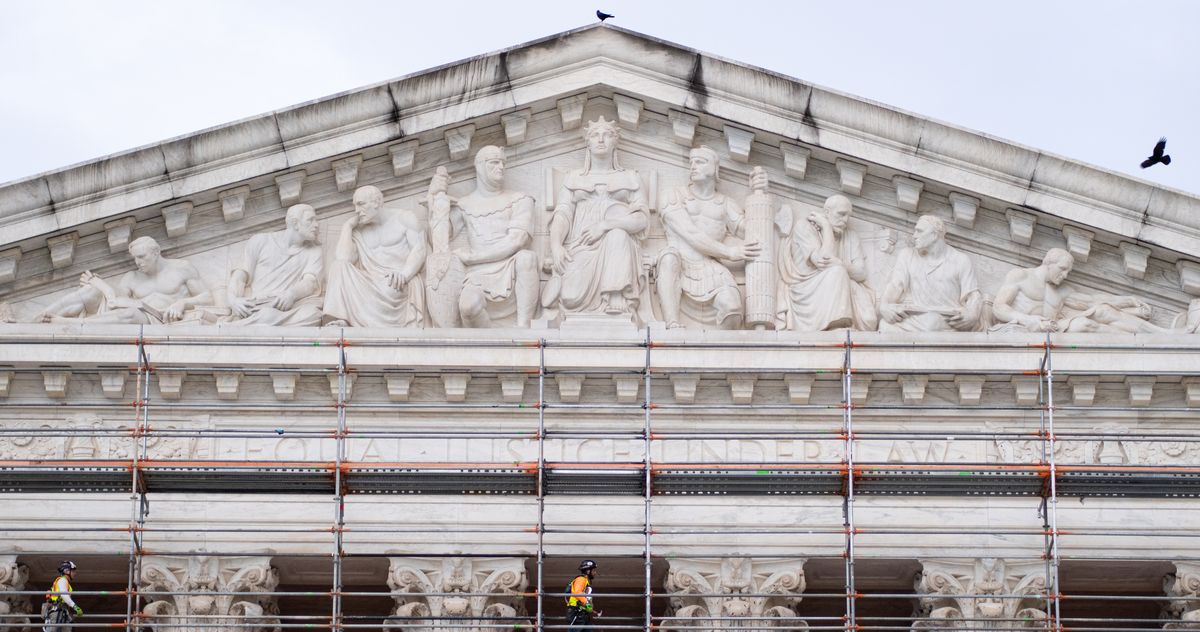
"The legal case against the tariffs is straightforward. The plaintiffs in the four cases to date frame their complaints slightly differently, but they generally boil down to a handful of arguments. First, the Constitution gives Congress the authority to tax and impose tariffs."
"Even if the IEEPA granted the president the authority to impose tariffs, there are no actual 'emergencies' here that would support them."
"Despite their public support for Trump's authoritarian tendencies, many Republicans privately hope that federal courts will rein in some of his worst excesses."
"The relevant provision of the IEEPA contains a bunch of words, but none of those words are 'tariffs' or 'taxes'."
The article discusses Republican attitudes towards Trump's expansion of executive power, particularly regarding tariffs, which contradict traditional conservative values. While publicly supporting Trump's agenda, many Republicans likely hope courts will intervene against what they view as overreach. Ankush Khardori at Politico outlines the legal challenges against Trump's tariffs, emphasizing that the Constitution delegates tariff authority to Congress, and that the IEEPA used by Trump may not provide valid grounds for such tariffs. The article raises questions about the role of the judiciary in curbing executive power.
Read at Intelligencer
Unable to calculate read time
Collection
[
|
...
]